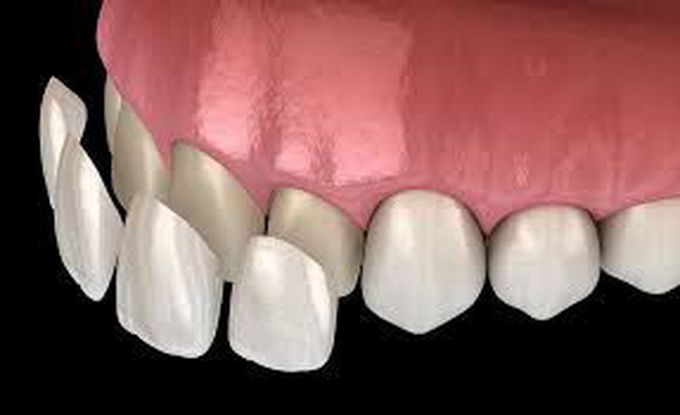


Pros and Cons of Veneers
Veneers offer cosmetic enhancements like improving the appearance of stained, chipped, or misshapen teeth, and can last for up to ten years with proper care. However, they are a permanent procedure involving enamel removal, and can be expensive and may cause increased sensitivity. Pros: Aesthetic Improvement: Veneers can significantly improve the appearance of a smile, correcting issues like discoloration, chips, and minor misalignments. Durability and Stain Resistance: Porcelain veneers, in particular, are durable and resistant to staining, making them a long-lasting solution. Minimally Invasive (compared to crowns): Veneers typically require less tooth preparation (enamel removal) than crowns, minimizing the amount of natural tooth structure removed. Customizable: Veneers can be tailored to match the shape, size, and color of surrounding teeth, creating a natural-looking smile. Easy to Maintain: Veneers don't require any special cleaning beyond regular brushing and flossing. Cons: Irreversible Procedure: The process of placing veneers involves removing a thin layer of enamel, which is irreversible. Increased Sensitivity: Some individuals may experience increased sensitivity to hot and cold after veneer placement. High Cost: Veneers, especially porcelain ones, can be a significant financial investment. Potential for Damage: While durable, veneers can still chip or crack, especially with excessive force, potentially requiring repair or replacement. Not Suitable for All Cases: Veneers are primarily cosmetic and may not be the best solution for significant dental problems like advanced decay, extensive damage, or severe misalignment.

